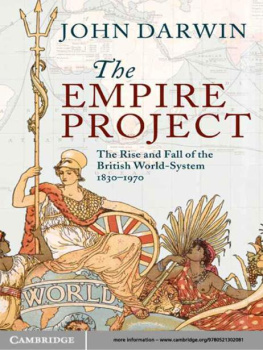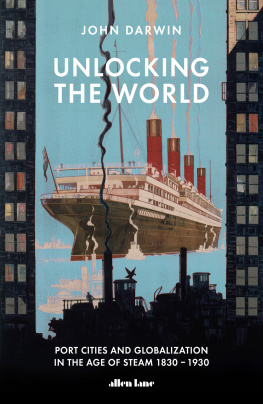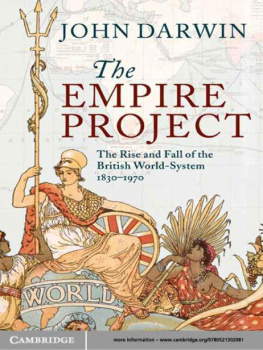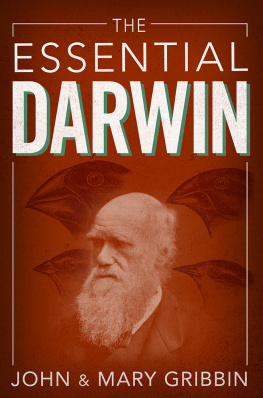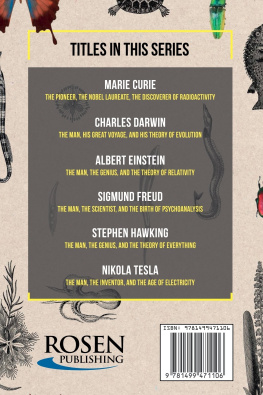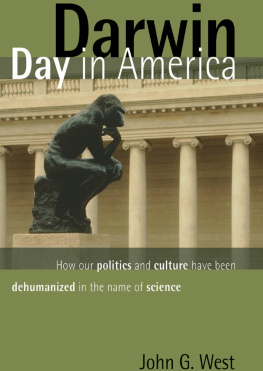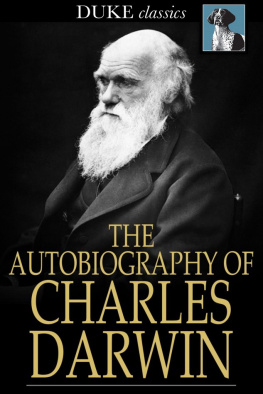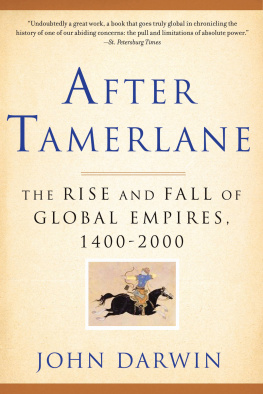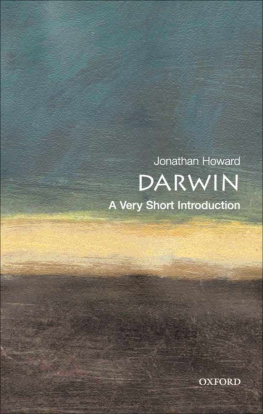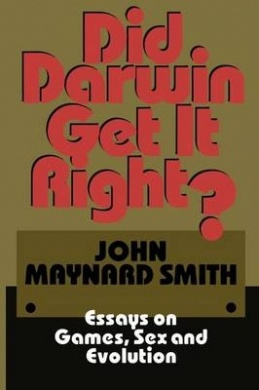John Darwin - The Empire Project
Here you can read online John Darwin - The Empire Project full text of the book (entire story) in english for free. Download pdf and epub, get meaning, cover and reviews about this ebook. publisher: Cambridge University Press, genre: Politics. Description of the work, (preface) as well as reviews are available. Best literature library LitArk.com created for fans of good reading and offers a wide selection of genres:
Romance novel
Science fiction
Adventure
Detective
Science
History
Home and family
Prose
Art
Politics
Computer
Non-fiction
Religion
Business
Children
Humor
Choose a favorite category and find really read worthwhile books. Enjoy immersion in the world of imagination, feel the emotions of the characters or learn something new for yourself, make an fascinating discovery.
- Book:The Empire Project
- Author:
- Publisher:Cambridge University Press
- Genre:
- Rating:5 / 5
- Favourites:Add to favourites
- Your mark:
- 100
- 1
- 2
- 3
- 4
- 5
The Empire Project: summary, description and annotation
We offer to read an annotation, description, summary or preface (depends on what the author of the book "The Empire Project" wrote himself). If you haven't found the necessary information about the book — write in the comments, we will try to find it.
The Empire Project — read online for free the complete book (whole text) full work
Below is the text of the book, divided by pages. System saving the place of the last page read, allows you to conveniently read the book "The Empire Project" online for free, without having to search again every time where you left off. Put a bookmark, and you can go to the page where you finished reading at any time.
Font size:
Interval:
Bookmark:
The Empire Project
The British Empire, wrote Adam Smith, has hitherto been not an empire, but the project of an empire and John Darwin offers a magisterial global history of the rise and fall of that great imperial project. The British Empire, he argues, was much more than a group of colonies ruled over by a scattering of British expatriates until eventual independence. It was, above all, a global phenomenon. Its power derived rather less from the assertion of imperial authority than from the fusing together of three different kinds of empire: the settler empire of the white dominions; the commercial empire of the City of London; and Greater India which contributed markets, manpower and military muscle. This unprecedented history charts how this intricate imperial web was first strengthened, then weakened and finally severed on the rollercoaster of global economic, political and geostrategic upheaval on which it rode from beginning to end.
JOHN DARWIN teaches Imperial and Global History at Oxford where he is a Fellow of Nuffield College. His previous publications include After Tamerlane: The Global History of Empire since 1405 (winner of the Wolfson History Prize for 2007), The End of the British Empire: The Historical Debate (1991) and Britain and Decolonization: The Retreat from Empire in the Post-War World (1988).
THE EMPIRE PROJECT
The Rise and Fall of the British World-System, 18301970
John Darwin

CAMBRIDGE UNIVERSITY PRESS
Cambridge, New York, Melbourne, Madrid, Cape Town, Singapore, So Paulo, Delhi, Dubai, Tokyo
Cambridge University Press
The Edinburgh Building, Cambridge CB2 8RU, UK
Published in the United States of America by Cambridge University Press, New York
www.cambridge.org
Information on this title: www.cambridge.org/9780521302081
John Darwin 2009
This publication is in copyright. Subject to statutory exception and to the provisions of relevant collective licensing agreements, no reproduction of any part may take place without the written permission of Cambridge University Press.
First published in print format 2009
ISBN 978-0-511-63224-2 mobipocket
ISBN 978-0-511-63344-7 eBook (Kindle edition)
ISBN 978-0-521-30208-1 Hardback
Cambridge University Press has no responsibility for the persistence or accuracy of URLs for external or third-party internet websites referred to in this publication and does not guarantee that any content on such websites is, or will remain, accurate or appropriate.
IN MEMORY OF MY FATHER, G. M. DARWIN
CONTENTS
MAPS
PREFACE AND ACKNOWLEDGMENTS
The British Empire, wrote Adam Smith in 1776, has hitherto been not an empire, but the project of an empire; not a gold mine but the project of a gold mine. A hundred years later, his condemnation might have softened. But, viewed as a political or administrative entity, British imperialism remained just such a project: unfinished, untidy, a mass of contradictions, aspirations and anomalies. Defined as the exercise of sovereign power, or the unfettered enjoyment of imperial rule (the criteria still favoured by many historians), the British Empire in its heyday was largely a sham. Over much that was most commercially or strategically valuable, it could claim no authority; over much that was useless, its hold was complete. Of the half-dozen states whose loyalty was most vital to British world power in 1914, only one could be given direct orders from London.
Partly for this reason, I have preferred the term British world-system to the conventional Empire. The term was given authority by the shrewdest historian of modern British imperialism. It is also meant to convey (the real theme of the book) that British imperialism was a global phenomenon; that its fortunes were governed by global conditions; and that its power in the world derived rather less from the assertion of imperial authority than from the fusing together of several disparate elements. Amid the colossal expansion of scholarly work on the history of empire, it has been easy to lose sight of the geopolitical facts on which its cohesion depended. I have tried in this book to restore this imbalance but not by reviving the old view from the centre. Instead, I have set out to show how the intricate web of British connections linking Britain to India, to its huge empire of commerce, and to the white dominions the great auxiliary engines of British world power was first strengthened, then weakened and finally severed under the stress of geopolitical change. The imperial politics of the British world-system were made and remade by the rollercoaster of economic, political and geostrategic upheaval on which it was tossed from beginning (1830) to end (1970).
In writing this book, I have drawn very heavily on four different traditions in the history of empire. It would be hard to think clearly about British imperialism as a global phenomenon without the extraordinary insights of its greatest modern historians, John Gallagher and Ronald Robinson. In a single short essay, they established once and for all that, despite its many disguises, British imperialism was both global in reach and systemic in structure. It could not be seen as a mere accumulation of colonies; nor could their histories make sense on their own. Imperialism in fact was a very flexible force, adapting its method to the time and the place: formal in some places, less formal in others, and at times scarcely visible. Finally, a far older tradition retains much of its value to the historian of empire and the British world-system. The dangers British leaders most feared to their system's stability came from a breakdown in great power relations, a descent into war or the threat of invasion from Europe. That meant that they paid almost obsessive attention to the diplomatic reports of their envoys abroad, and were sometimes easily swayed by alarming accounts of naval and military weakness. In the intricate detail of naval, diplomatic and military history we may find some of the best clues to the British system's success and its catastrophic collapse.
This book has been a long time in the writing and I have incurred many debts in the course of its making. Nuffield College provides the ideal combination of stimulus and support to its Fellows: there could be no better place in which to undertake an extended programme of academic research. I have been exceptionally fortunate in my colleagues in imperial and global history in Oxford Judith Brown, David Washbrook, Georg Deutsch and Peter Carey from whom I have learnt an enormous amount. The experience of teaching so many talented students has been a constant goad to reframe my ideas. For more than twenty years, a cohort of doctoral students has struggled to remedy my ignorance of their fields. I am grateful to them and hope their verdict will be: making some progress. I am especially grateful to the founding fathers of the British World initiative James Belich, Carl Bridge, Phillip Buckner and Robert Holland for widening my horizons at a critical time; and to Patrick OBrien's Global Economic History Network, which taught me a great deal. Needless to say, the errors and omissions are mine alone.
A special word is needed here about the Oxford History of the British Empire , published in five volumes in 19992000. There is no doubt that the appearance of these volumes, spanning the whole history of the Empire from the sixteenth century to the twentieth, was a critical moment in the revival of British imperial history from what had seemed at times an almost terminal decline. All those of us who write (and especially teach) in this field owe a great debt to the editorial team of the series, but most of all to its driving force, William Roger Louis.
Next pageFont size:
Interval:
Bookmark:
Similar books «The Empire Project»
Look at similar books to The Empire Project. We have selected literature similar in name and meaning in the hope of providing readers with more options to find new, interesting, not yet read works.
Discussion, reviews of the book The Empire Project and just readers' own opinions. Leave your comments, write what you think about the work, its meaning or the main characters. Specify what exactly you liked and what you didn't like, and why you think so.

